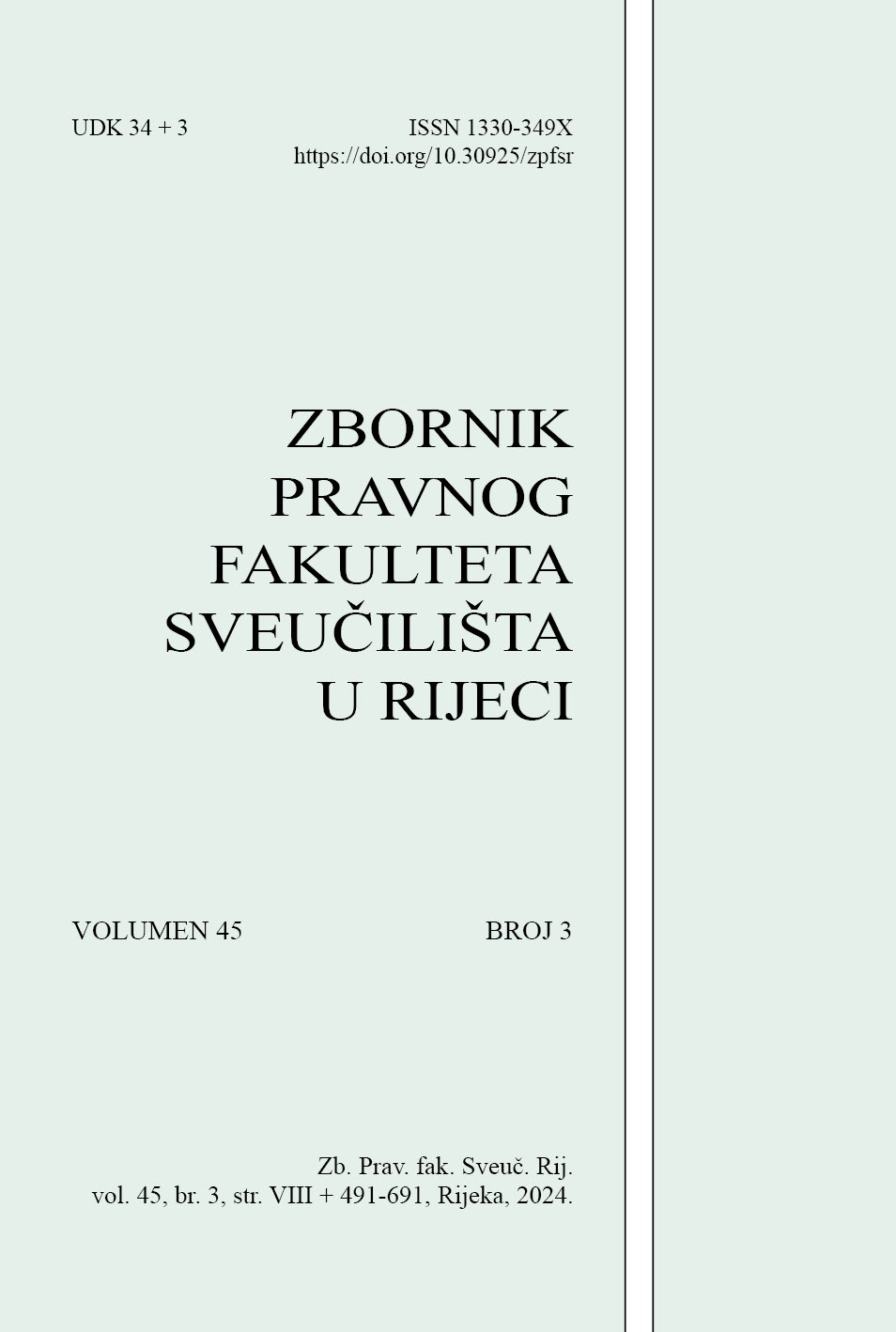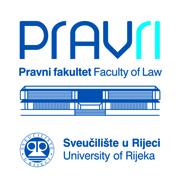EFFICACY AND AUTOPOIESIS OF THE SYSTEM OF SCIENCE, EDUCATION, LAW AND POLITICS
DOI:
https://doi.org/10.30925/zpfsr.45.3.2Keywords:
functional equivalence, reduction of complexity, codes, stability, operationsAbstract
Law is a system of hierarchy of norms. Harmonization of higher and lower norms and their application ensure legality and effectiveness of law. At the same time, law is a changing system. These changes are the result of various political and other social infl uences. Their complexity often makes it impossible to clearly determine the hierarchical structure itself, which raises the question of the sufficiency of certain dominant legal methods for a more comprehensive interpretation of the effects of the legal system. The paper examines whether and in what way the interpretation of the efficacy of the legal system by means of the reduced principle of imputation differs, or is insufficient, in relation to the reduction of complexity of the legal system by means of codes and operations that make it autopoietic. I shall explain the most significant theoretical implications on the example of a legal norm of one section of public law - university law and the law of scientific organisations - by determining the criteria for assessing legal and societal efficacy with respect to the feature of autopoiesis of the pertaining systems - law, science, education and politics in the way they are determined in Luhmann’s systems theory.
Additional Files
Published
How to Cite
Issue
Section
License
Copyright (c) 2024 Ksenija Grubišić

This work is licensed under a Creative Commons Attribution-NonCommercial 4.0 International License.
Collected Papers is an open access journal. Journal does not charge article processing charges (APC) to authors. It is licensed under CC BY-NC licence 4.0.
Collected Papers of the Law Faculty of the University of Rijeka" is an Open Access journal. Users are allowed to read, download, copy, redistribute, print, search and link to material, and alter, transform, or build upon the material, or use them for any other lawful purpose as long as they attribute the source in an appropriate manner according to the CC BY licence.
The papers published in "Collected Papers of the Law Faculty of the University of Rijeka" can be deposited and self-archived in the institutional and thematic repositories providing the link to the journal's web pages and HRČAK.
Upon acceptance of the manuscript for publication by this journal, the author can publish same manuscript in other journals only with the permission of the Editorial Board (secondary publication). A repeated publication should contain a notice as to where the manuscript was originally published.



